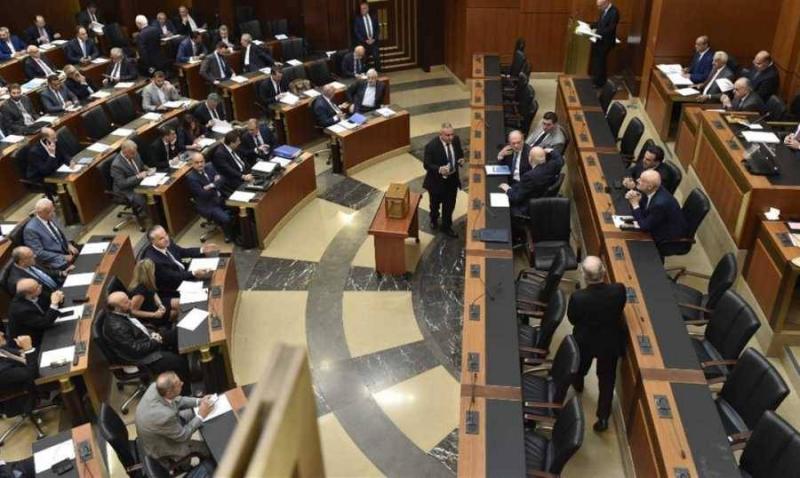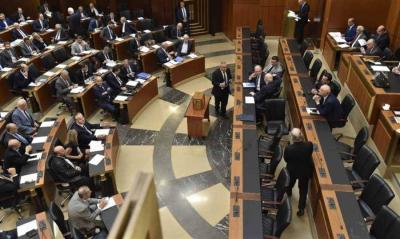The extension of municipal and optional councils, which was approved yesterday with the involvement of some political forces that lacked public preparations and readiness to engage in electoral battles in towns and villages, reflects a belief that the outcomes are predetermined regardless of how long the elections are delayed. However, attention remains on the towns with mixed demographics concerning their leadership and members, as reported by "Nidaa Al-Watan."
The manner in which the postponement of elections was handled demonstrated a disregard for democratic obligations that people rely on for change and accountability. This has driven another nail into the coffin of an extension that has now entered its third year, leaving the dissolved municipalities at the mercy of chaos and fragmentation, yielding control to governors without seeking serious solutions following the severe hardships residents faced in obtaining services. This is compounded by decision-making fragmentation and the involvement of associations in project execution with governors' permission, whereas municipalities were once more in tune with their towns' needs.
According to informed sources, discussions are ongoing behind the scenes among some parties that advocated for the extension, expressing their inability to participate in the elections at this stage for various reasons, despite assured victories in many towns and cities. Among the primary reasons is the financial situation; they prefer to allocate funds in these sensitive circumstances to health, social, and economic needs, while considering the ongoing war's requirements and the escalating costs of damage, as well as supporting the affected individuals.
Furthermore, the sources indicate that other considerations involve profit and loss calculations within mixed areas. A key point that these parties seek to establish in the next term, which they have been working on for some time and openly stated after the parliamentary elections in 2018, is related to the sharing of the municipal council presidency traditionally held by a Christian, based on an established custom. Historically, the Christian majority dominated, but demographic shifts have led to equal representation or more for members of the council, compounded by the political rift between the Lebanese Forces and those parties. The political sentiments of Christians in these towns aligning with the Lebanese Forces have initiated efforts to strip Christians of three years of municipal leadership, supported by some Christians who orbit those parties.
The parties attribute this step to demographic changes that have resulted in Shia and Sunni Muslims outnumbering Christians, thereby granting some of them the right to share the presidency. Particularly, there is no law prohibiting this; rather, the functioning of municipalities follows an established custom. The parties argue in favor of an agreement on shared governance instead of moving toward elections, so that upon winning, they could control the presidency for six years instead of three.
The sources conclude that this matter faces hurdles if there is a unified Christian stance among the residents of those towns refusing the change, along with the formation of alliances between Christians and Sunnis that could restore balance to the democratic process and reinforce existing norms according to "Nidaa Al-Watan."




